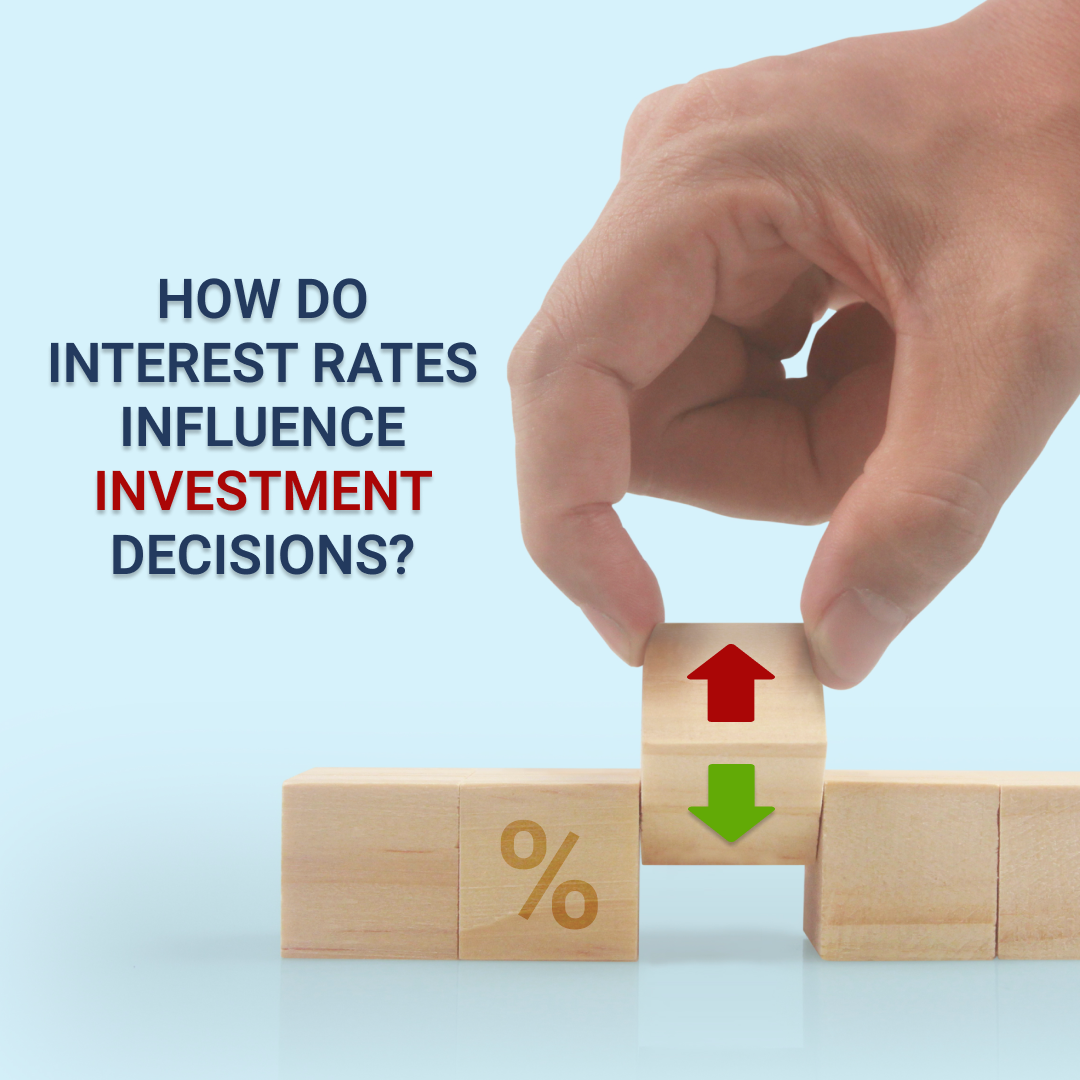Interest rates play a vital role in influencing investment decisions across various asset classes. The impact of interest rates on investments is complex and multifaceted, affecting everything from bond prices to stock valuations.
Bond Prices and Yields.
Bond prices and interest rates have an inverse relationship. When interest rates rise, the prices of existing bonds tend to fall, and vice versa. This is because new bonds are issued with higher yields, making existing bonds with lower yields less attractive for investors in comparison.
Changes in interest rates can affect the shape of the yield curve. A normal yield curve where longer-term bonds have higher yields than shorter-term bonds, can be an indicator of a healthy economy.
An inverted yield curve, where shorter-term bonds have higher yields, is often considered a potential indicator of an economic downturn.
Equity Valuations.
Interest rates influence the discount rates used in valuation models for stocks. As interest rates rise, the discount rate increases, leading to lower present values for future cash flows. This can result in lower stock valuations. And declining interest rates may boost stock valuations.
Commodity Market.
Interest rates can influence the opportunity cost of holding non-interest-bearing assets like commodities. When interest rates are high, the opportunity cost of holding commodities increases, potentially reducing demand. Conversely, in a low-interest-rate environment, commodities may become more attractive.
Fixed-Income Investments.
For income-focused investors, the level of interest rates is crucial. Higher interest rates can provide higher yields on fixed-income investments. Whereas lower rates may result in lower yields. This dynamic can influence the allocation of portfolios for income-seeking investors.
With all that said investors have to take into consideration the central banks policies in the foreseeable future to make weighted investment decisions.
They should react timely to the challenges the financial market sets in front of them to reevaluate and rebalance the existing portfolio to comply with the initial goals and requirements.
Risk Warning: The information in this article is presented for general information and shall be treated as a marketing communication only. This analysis is not a recommendation to sell or buy any instrument. Investing in financial instruments involves a high degree of risk and may not be suitable for all investors. Trading in financial instruments can result in both an increase and a decrease in capital. Please refer to our Risk Disclosure available on our web site for further information.



That is really informative. I never really knew the relationship between bonds and interest rates, and I never actually needed to. However, it is good to have such knowledge.
Interest rates affect everything in the market. Logically they affect investment decisions as well.
Fascinating article. I like reading that one! At least, it opened my eyes on the real power of the interest rate and decisions made by the FRS or other institutions.
ISEC WM always publishes informative content. Even if you are not about investments, financial, trading and other relatable spheres – it’s anyway important to read different materials not to be financially illiterate. It may even benefit for your personal money management skills in casual life.
I am into work with the ISEC WM and I trust them on full, cause if there’s no bond between you and firm, it’s difficult to cooperate.